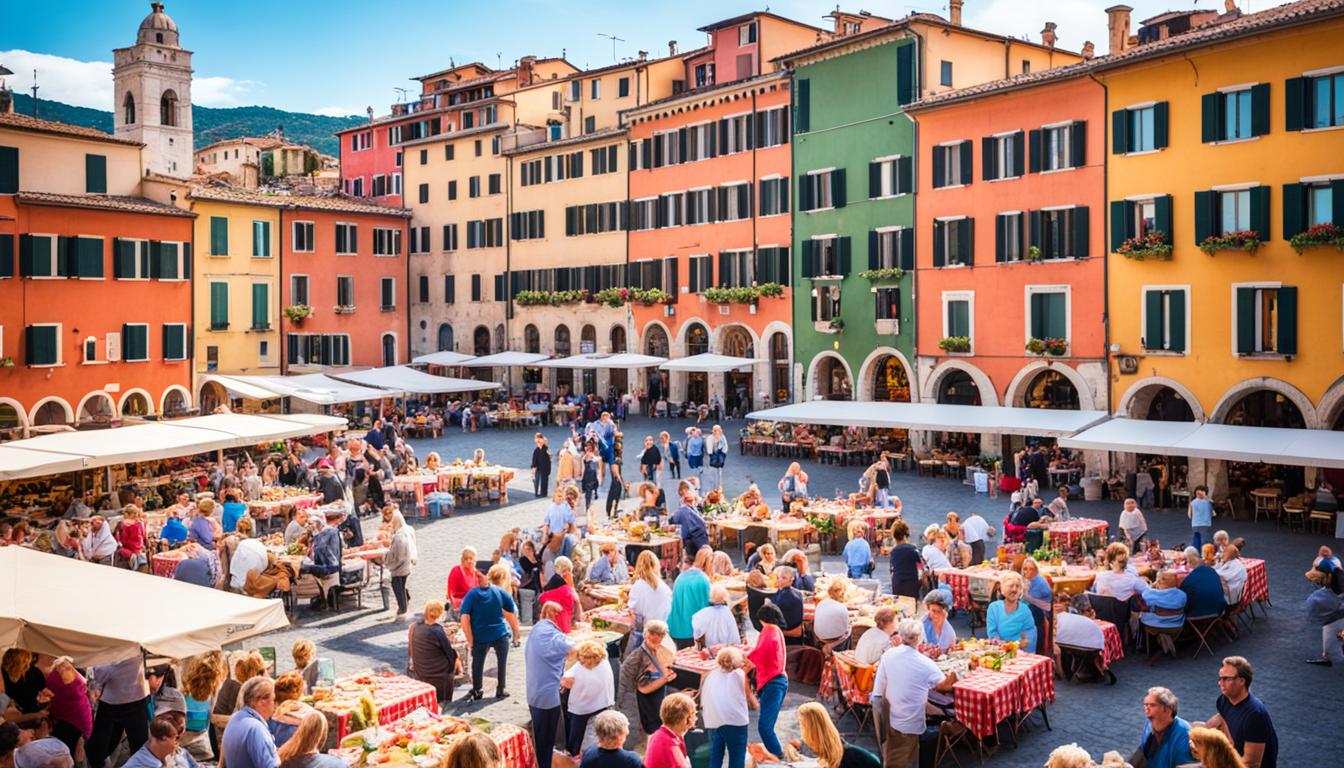Did you know Italy has more UNESCO World Heritage Sites than any other place? This fact shows how important Italy’s culture is to the world. Its history, from the Roman Empire to the Renaissance, has touched people globally for ages. Italy’s customs, traditions, and lifestyle have deeply influenced our world.
Italy’s culture is rich and goes back thousands of years, starting with the Romans. Italian culture celebrates art, family, architecture, music, and food. It was once ruled by the Roman Empire, known for Julius Caesar and Nero. It played a major role in the Renaissance and saw the rise of fascism under Mussolini. Today, Italy’s vibrant customs and traditions continue to amaze people.
As of 2020, Italy had about 59.6 million people. The vast majority are ethnic Italians. But the country is also home to North African Arabs, Italo-Albanians, Albanians, Germans, Austrians, and others. Italian is the main language, but there are many regional dialects. Family is at the heart of Italian culture, with big gatherings being cherished. While most Italians are Catholics, there’s also a growing Muslim community and many who are not religious.
Key Takeaways
- Italy has a rich cultural heritage dating back to the Ancient Roman Empire and beyond.
- Italian culture is a blend of the arts, family, architecture, music, and food.
- Italy is home to a diverse population, with regional dialects and a strong focus on family and Catholicism.
- Italy is known for its vibrant customs, traditions, and way of life that have captivated the world.
- Italy has more UNESCO World Heritage Sites than any other country, underscoring the depth of its cultural treasures.
Italy’s Artistic Legacy
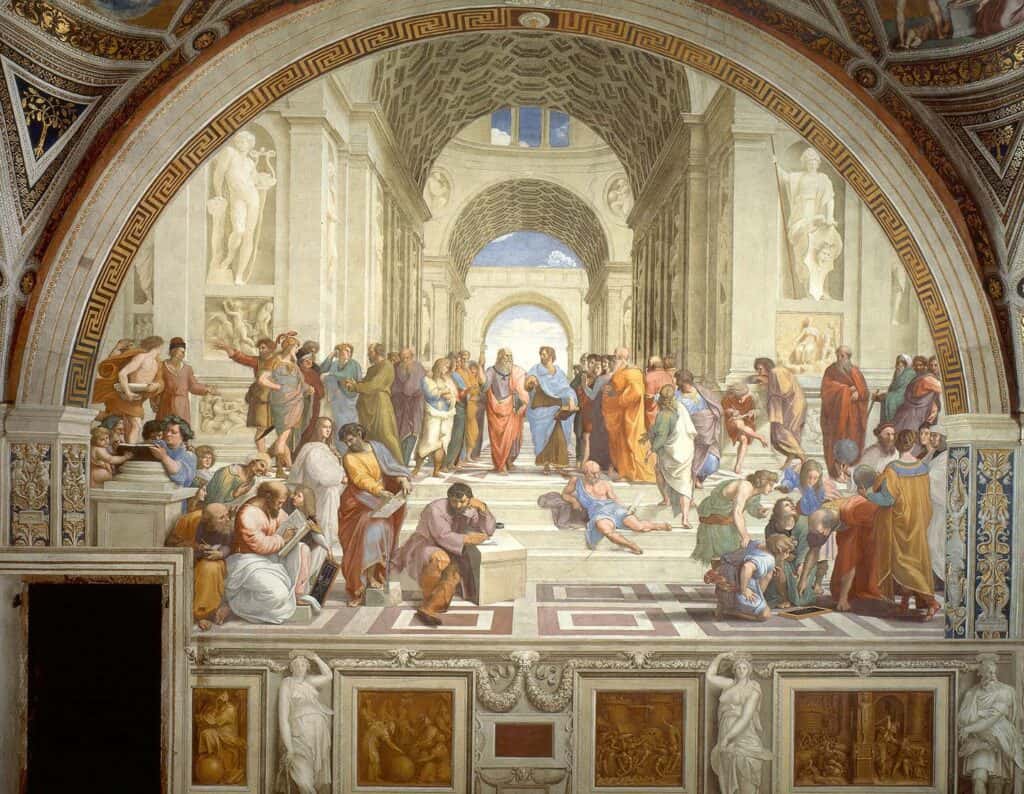
Italy’s artistic heritage is a key part of global culture. It is home to many of history’s most famous artists. The Italian Renaissance brought us a host of artistic legends. Their work still moves and inspires people all over the world today.
Renaissance Masters
Italian Renaissance art is full of giants like Leonardo da Vinci, Michelangelo, and Raphael. They crafted masterpieces that are now part of history. From the Statue of David to the Sistine Chapel’s ceiling, their art touches the soul. The paintings in the Uffizi Gallery, among others, bring joy to both Italians and fans of art worldwide.
Architectural Wonders
Italy’s art story is not just paintings and sculptures. It also includes stunning buildings. The Colosseum and the Leaning Tower of Pisa are famous worldwide. Italy’s city centres, like Rome, are wonders in themselves. These places, often UNESCO sites, show off Italy’s engineering skill and creativity.
Museums and Galleries
In Italy, you can see thousands of years of art history. This is thanks to the country’s many museums and galleries. Places like the Uffizi Gallery and the Brera Art Gallery hold Italy’s finest art. UNESCO recognizes many Italian sites, like Bologna’s porticoes and the historic Florence and San Gimignano. The sassi of Matera are also a testament to Italy’s rich cultural past.
Culinary Delights of Italy
Italy is known all over for its amazing food. Italian dishes are loved for their rich flavors and variety. They range from the simple Neapolitan pizza to the complex Milanese risotto.
Olive oil, pasta, wine, and cheese are key in Italian cooking. They create the base for many delicious meals.
Regional Specialties
Every part of Italy has its own food traditions. Tuscany is famous for its hearty stews and tasty olive oil. Sicily blends Arab, Greek, and Italian influences in its dishes. The Amalfi Coast is known for its fresh seafood.
These specialties show Italy’s deep cultural roots through food.
Wine and Cheese
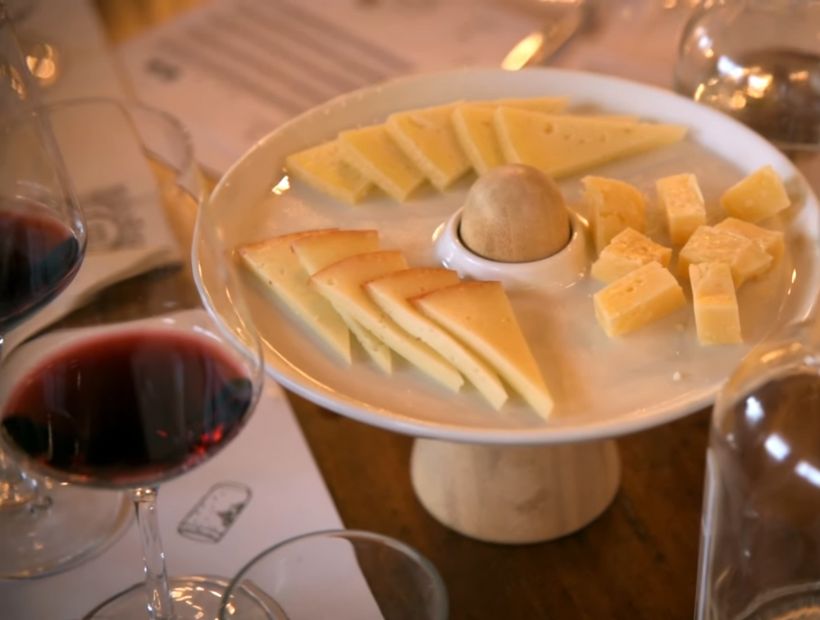
Italian meals are often paired with wine and cheese. Italy boasts a wide variety of wines. You can find everything from bold reds in Piedmont to crisp whites in Veneto.
Italy also excels in cheese making. Parmigiano-Reggiano, Gorgonzola, and Pecorino Romano are just a few examples. These cheeses enhance many Italian dishes.
Authentic Italian Cuisine
For Italians, food represents more than just eating. It’s about being with family and friends. Sharing meals is an important tradition.
Italian food comes from a place of deep cultural pride. It continues to leave a mark on people worldwide. Whether it’s a simple pizza or a grand feast, Italian food is all about tradition and love.

History and Heritage
Italy’s history is both long and captivating. It covers the rise and fall of empires, the growth of city-states, and the nation’s unification. The Roman Empire’s legacy is at the core. Its influence is seen in Italy’s ancient ruins, grand buildings, and the use of the Latin language.
Roman Empire
The Roman Empire ruled much of the ancient world with Italy as its center. Today, its greatness lives on in landmarks like the Colosseum, the Pantheon, and the Roman Forum. These structures showcase Roman engineering and cultural achievements.
Medieval City-States
After the Roman Empire, Italy flourished with unique city-states. Each had its own culture, trade, and politics. Cities such as Venice, Florence, and Genoa became centers of trade, art, and ideas. They played a major role in the Italian Renaissance, forever shaping Italy’s culture.
You can also read: Is Australia safe to travel?
Italian Unification
Italy faced invasions and struggles until its unification in the 19th century. This key event led to a unified Italy. Today, Italy’s diverse cultural heritage continues to wow people worldwide. It shows the strength and creativity of the Italian population.
Italy Culture & Traditions
Family and tradition are crucial in Italy. They value the family highly, often live with extended family, and celebrate together. This close bond helps keep Italian cultural traditions alive through the years.
Family Values
The Italian family is very close. Grandparents, parents, and kids usually live together or nearby. This closeness helps share Italian family values and traditions from one generation to the next.
They care a lot about loyalty, respect, and the family’s welfare. This creates a strong, supportive family environment. It’s all part of their rich cultural heritage.
Religious Influences
Roman Catholicism is crucial in Italy’s culture. The Vatican City, with the Pope, is the heart of the Catholic Church. It deeply affects how Italians follow their Italian religious traditions.
Italy also has stunning churches and basilicas everywhere. They celebrate religious holidays and festivals like Easter. These are big parts of everyday Italian life.
Festivals and Celebrations
Italians love their festivals. These events are key in showing off their Italian cultural traditions. Things like the Venice Carnival and the Palio di Siena horse race highlight their festive culture.
These Italian festivals are full of bright costumes and fun music. They bring communities together and reflect Italy’s vibrant life.
Fashion and Design
Italy is world-famous for its top-notch fashion and design. This legacy goes back for centuries. It’s the birthplace of famous fashion brands like Armani, Gucci, and Prada.
Italian fashion is all about elegance and careful detail. Designers such as Versace and Armani have set global trends. They are considered style legends.
Italian Style Icons
Italian fashion’s success owes much to iconic figures. They range from Audrey Hepburn’s simple charm to Chiara Ferragni’s modern style. These figures have influenced fashion worldwide.
Luxury Fashion Houses
The latter part of the 20th century saw Italy’s fashion sector grow fast. Ready-to-wear fashion and Italian designers took the global stage. Italy’s deep culture and craft traditions fuel its fashion scene.
Brands like Gucci, Prada, and Fendi stand for top-tier design and innovation. Their unique Italian touch attracts fans from around the world.

Music and Performing Arts
Italy is famous for its music and performing arts. It has a strong opera tradition. Composers like Giuseppe Verdi and Giacomo Puccini created famous operas such as “Aida,” and “La Traviata.”
La Scala in Milan and the Teatro di San Carlo in Naples are well-known opera venues. They show the rich history of Italian opera.
Opera Tradition
The Italian opera tradition is a key part of its culture. Verdi and Puccini’s works have touched people globally. Their operas are performed worldwide, showing Italian musical creativity.
Contemporary Music Scene
Italy also shines in modern music. Its influence goes beyond opera to classical, jazz, pop, and rock. Italian artists and genres are recognized worldwide.
This passion keeps inspiring musicians globally. Italy’s art continues to be a major force in the music world.
Italian Way of Life
The Italian way of life reflects a deep cultural background and lasting customs. Italians love passionately, focusing on art, food, and music. They enjoy the simple joys of everyday living. This love defines their national identity.
Passion for Living
Italians approach life with unmatched enthusiasm. Their vibrant festivals and celebrations show their love for life. Events like Carnevale in Venice or the Palio di Siena show their intense passion.
Hospitality and Traditions
Hospitality lies at the heart of Italy’s culture. Family, community, and sharing are essential. Italians are proud of their traditions and enjoy life’s rituals.
They celebrate in daily events, from Sunday suppers to traditional dances. This respect for their culture and the joy of living well shape their unique way of life.
Slow Living Philosophy
Italians appreciate a “slow living” approach, valuing mindfulness and sustainability. This is in stark contrast to the modern fast-paced life. They take time to enjoy meals, walk through historic towns, and admire nature.
This way of living has caught global interest. People worldwide are drawn to Italy’s cultural legacy. They’re inspired to live life in a more balanced and meaningful way.
Conclusion
Italy’s culture and traditions show the lasting impact of creativity, passion, and heritage. It has contributed greatly with art, architecture, food, and festivals. Its deep history has shaped its unique identity and a strong sense of legacy.
Italian life blends old and new in a beautiful way. This mix brings joy and inspiration to many. Italy’s cultural influence grows, making the country a beacon of heritage pride. It shows how tradition can evolve and stay relevant.
In today’s fast-changing world, Italy stands out for valuing its past while looking to the future. Its cultural legacy is admired worldwide. It demonstrates the value of preserving traditions for coming generations to enjoy and learn from.
FAQ
What are the key aspects of Italian culture and traditions?
Italian culture is a mix of the arts, family, and music. It’s deeply connected to its history. This includes the Ancient Roman Empire and the Renaissance.
There is a strong focus on tradition and the love of life. People in Italy are known for their welcoming nature.
What is the religious landscape in Italy?
In Italy, most people are Catholics. However, there is also a large Muslim community. Many people are atheists or agnostics. Italy is also home to the Vatican City and the Pope.
What are some of the famous Italian artists and their works?
Italy is known for its famous artists like Leonardo da Vinci and Michelangelo. Their works include the Statue of David and the Sistine Chapel ceiling. These pieces are highly respected and loved.
What are the regional specialties of Italian cuisine?
Each part of Italy has its own food traditions. For example, Tuscany is known for its hearty stews. Sicily’s food is a mix of different cultures, including Arab and Greek influences.
How has Italy’s history shaped its identity and cultural heritage?
Italy’s history includes many times of being ruled by others. This shaped its unique culture and appreciation for history. The 19th century marked a time of unity for the country.
What role does family play in Italian culture?
Family is of utmost importance in Italy. There’s a big focus on extended families and getting together. Living in multi-generational homes is common.
This cultural aspect strengthens the Italian community.
What are some of the famous Italian fashion and design brands?
Italy is famous for its fashion. It is the home of brands like Armani, Gucci, and Versace. Italian fashion is all about quality and style.
What is the significance of the Italian opera tradition?
Italy has a strong tradition of opera. It has given the world many famous works. Iconic venues, like La Scala, are at the heart of this art form.
How does the Italian way of life reflect the country’s cultural heritage?
The Italian way of life blends old traditions with modern life. It shows the country’s historical depth and love for life. The concept of “slow living” is valued.
Source Links
- https://www.livescience.com/44376-italian-culture.html
- https://happy-birthday.medium.com/italy-rich-culture-5707e9b3fa4b
- https://madeinitaly.gov.it/en/heritage/
